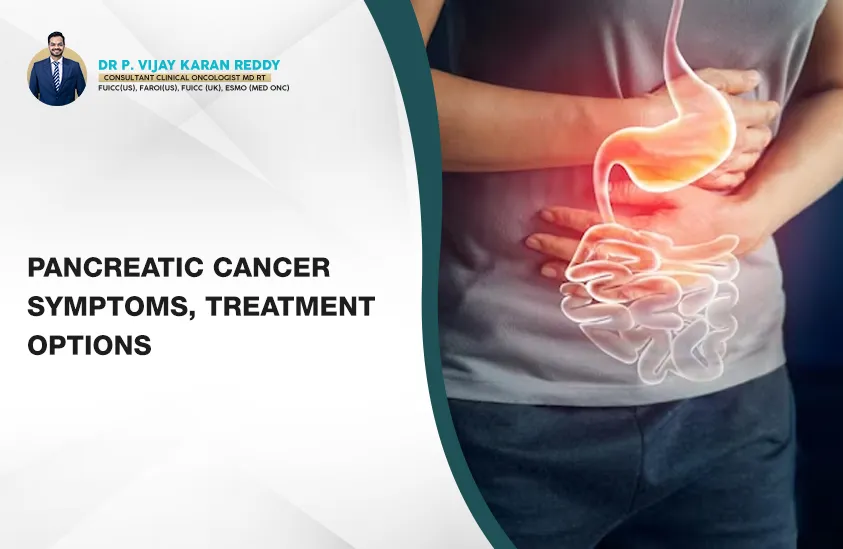Pancreatic cancer remains one of the most challenging malignancies to diagnose and treat. With its often asymptomatic nature in early stages and aggressive progression, understanding pancreatic cancer is crucial for early detection, treatment, and prevention. In this comprehensive guide, we delve into the intricacies of pancreatic cancer, from risk factors to treatment options.
Decoding Pancreatic Cancer
The pancreas, a vital organ located behind the stomach, plays a key role in digestion and blood sugar regulation. Pancreatic cancer occurs when cells in the pancreas mutate and multiply uncontrollably, forming a tumor.
Types of Pancreatic Cancer
Pancreatic cancer can manifest in different forms, with the most common types being:
Exocrine Pancreatic Cancer: Arising from the cells that produce digestive enzymes, exocrine pancreatic cancer is the most prevalent form.
Endocrine Pancreatic Cancer: Also known as pancreatic neuroendocrine tumors (PNETs), these tumors develop from hormone-producing cells in the pancreas.
Identifying Risk Factors
While the exact causes of pancreatic cancer remain elusive, several risk factors have been identified:
Age: Pancreatic cancer is more common in older adults, with the majority of cases occurring after the age of 65.
Smoking: Tobacco use, including cigarette smoking, significantly increases the risk of pancreatic cancer.
Family History: Individuals with a family history of pancreatic cancer or certain genetic syndromes are at higher risk.
Chronic Pancreatitis: Long-term inflammation of the pancreas can predispose individuals to pancreatic cancer.
Obesity and Diabetes: Obesity and diabetes mellitus have been linked to an increased risk of pancreatic cancer.
Early Detection and Diagnosis
Early detection of pancreatic cancer is challenging due to the lack of specific symptoms in the early stages. However, certain signs and symptoms may warrant further investigation:
Jaundice: Yellowing of the skin and eyes.
Abdominal Pain: Persistent abdominal pain, particularly in the upper abdomen or back.
Unexplained Weight Loss: Sudden and unexplained weight loss.
Changes in Stool: Light-colored stools and dark urine.
Digestive Issues: Nausea, vomiting, and changes in bowel habits.
Treatment Options
Treatment for pancreatic cancer depends on various factors, including the stage of cancer, location, and the patient's overall health. Common treatment modalities include:
Surgery: Surgical removal of the tumor may be possible for localized pancreatic cancer.
Chemotherapy: Chemotherapy is often used before or after surgery to shrink the tumor or target cancer cells.
Radiation Therapy: High-energy radiation is used to destroy cancer cells or relieve symptoms.
Targeted Therapy: Targeted drugs may be prescribed to specifically target cancer cells while minimizing damage to healthy cells.
Embracing Hope Through Research
While pancreatic cancer poses significant challenges, ongoing research and clinical trials offer hope for improved treatment outcomes and survival rates. Advances in immunotherapy, precision medicine, and early detection methods are paving the way for more effective pancreatic cancer management strategies.
Conclusion: Empowering Awareness and Action
Pancreatic cancer remains a formidable foe, but with increased awareness, early detection, and advancements in pancreatic cancer treatment in Hyderabad, we can make strides in combating this disease. Understanding the risk factors, recognizing symptoms, and advocating for proactive screening, particularly with the expertise of a radiation oncologist in Hyderabad, can empower individuals and communities to take decisive action against pancreatic cancer.


